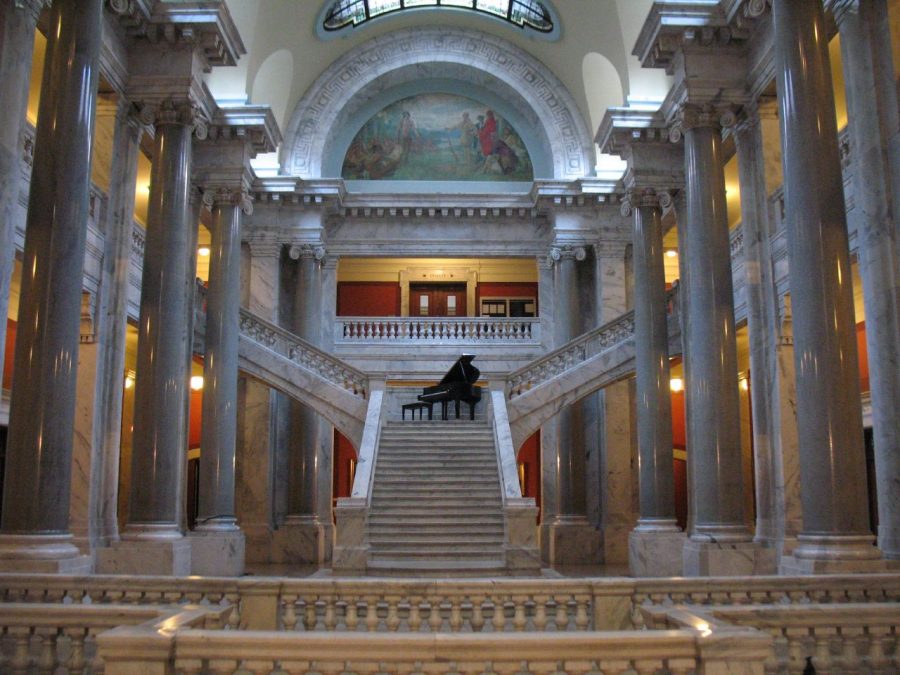After nearly five months of writing letters, raising awareness and networking with local politicians, the President Project has received word from the White House that its invitation to the President to give the Class of 2012’s commencement address has been “flagged as important by the Office of Scheduling and Advance.”
According to project members, flagging represents a significant step forward. “Flagging basically means that the planning staff at the White House want to look further into our invitation. That way, they can determine whether or not they want to pursue it. From what we’ve heard, they’re really interested, and we have a strong chance as long as we keep doing what we’re doing,” Matt Garofalo (12), one of the project’s leaders, said. “It really just means that all of our hard work is finally paying off. The White House is finally noticing us. Everybody’s support—the help from the public—is finally paying off. It’s one of those big milestones that show us we have a fighting chance.”
Some who have heard about the project caution against over-blowing this victory, urging students instead to push even harder for community support. “[Project members] shouldn’t be really hopeful. The good news is you’re in the right department. If the right people have heard you, then you’re okay,” Zach Caldwell, a political science student at Eastern Kentucky University, said. “If this has been flagged as important, it might get as high as the Chief of Staff or Deputy who’ll decide if it’s worth showing the President. Now, you need to make a good case and up the ante. It’s nothing final. You need to get his attention. Do something big. Show the President you really want it.”
Students have been buzzing about the bipartisan President Project since it began last September, harboring opinions both supportive and skeptical. Seniors especially are rallying behind the project, as it may mean their class will go down in history.
“I do like Obama, and I think it would be extremely beneficial for Manual if he came to speak at our graduation in that it would allow Manual to be recognized on a national level,” Elle Enander (12) said.
Some students, however, are confused about the President Project’s goals. “I honestly have no idea what it is,” Jordan Wolz (10) said. “What’s the point of the project? What’s the point in having a head of a branch of government that doesn’t even deal with education coming to a high school in Kentucky? What does that accomplish for anyone?”
Megan Young (11) approves of the project as meaningful progress for the school. “I do think it would really put Manual on the map. As a Republican, I won’t be voting for Obama, but he is a president, and having someone so respected come to our school would show that Manual is a great school and that we really deserve such an honor if we are lucky enough to make it happen,” she said. “We have a lot of great students, and I’m sure one of them will take his seat one day. We are just that awesome.”
“Over the course of the project, I have felt a strong force that has brought the school together as one,” Chris Bird (10) said. “It makes me remember how important it is that I had the opportunity to go to a school that understands every individual’s differences in a way that unites the student body.”
A number of students commend the ideas behind the President Project but speculate that it may not pan out. After all, President Obama’s is the highest office in the country. “I think it has a fair chance of occurring, but it will mostly depend on whether Obama sees some emergency pop up or he’s just too busy,” David Ferguson (11) said. “I think he has a genuine interest in motivating and validating the work of exceptional high school students. I do think it will be tinged with a slight campaign boost, but anyone who thinks it will be significant for the outcome of the Kentucky vote will be sorely mistaken.”
Zoe Schaver co-authored this article.




